Rain is a common motif in noir. Whether it be the grim, dank, and hostile urban decay of Se7en, or the neon-drenched dystopia of Blade Runner, water is so common to noir that there is, to quote Paul Schrader in his book Notes on Film Noir “an almost Freudian attachment to water.” Master Detective Archives: Rain Code brings a very Blade Runner-esque aesthetic to video games, and as far as that neon-like glow of noirish cyberpunk goes, this is the game that Cyberpunk 2077 wishes it was. This is actual cyberpunk.
What is the point of rain in noir? Why is it that it never seems to stop raining in Se7en or Blade Runner, and at the start of Rain Code we’re told that it has been raining perpetually for years? There’s a well-written essay on the topic that points out that rain is a visual motif for the oppression that hides in the deep shadows and corrupt societies that noir depicts. “The rainfall is visibly heavy enough that it seems almost to be attacking them—it conveys a sense of the heavy, relentless, merciless weight of the dark events that bombard them.”
This applies to Rain Code, too. In Rain Code, you play as a young detective, sent to a far-flung city in Japan that is effectively the fiefdom of one Amaterasu Corp. The company and its glowing towers dominate a city where screams are heard daily. Meanwhile the “police” is really just a paid thug force that Amaterasu uses to brutalise and cow the population into obedience (yeah, it’s pretty obviously an explicit point they’re making there). The streets seem narrow and closed in. Rain dampens everything and everyone. The entire city is a miserable “celebration” of capitalism, and the perfect setting for modern noir.
To be clear here, Rain Code is bluntly anti-capitalist in rhetoric and tone. Amaterasu is an explicitly evil and exploitative company, and the common person is either a serf or an indentured servant. Unlike far too many “cyberpunk” games, this isn’t presented as a playground to show off your mad-cool cybernetics and then cause some chaos. This is a noirish and measured criticism of society’s underlying systems and structures – in other words, what cyberpunk is meant to be – and it’s every bit as unapologetic about the dystopia it presents, and its anger that we’ve let society get to this point, as the likes of Squid Game, 1984, Battle Royale and others.
To give you an idea of just how bitter this game is, one of the first side quests has you tracking down a mass kidnapper. You eventually discover that he is, in fact, a ghost, and though seemingly sinister, he says “This city is the worse… it’s all because of Amaterasu Corporation. If not for them… I entrust the children to you.” He then fades away and you get to “rescue” the kid he was kidnapping.
Soon after, your protagonist, standing on a bridge and watching the bright neon glow of the city through the heavy rain, says. “Maybe he lost his own child to the city. That’s why he was trying to take them away from here.” Tonally, it is such a compelling parallel to the final line of Se7en, when Morgan Freeman’s Somerset says “Ernest Hemingway once wrote ‘the world is a fine place and worth fighting for.’ I agree with the second part,” that I’m certain it was a direct reference. Yes. Rain Code is as bitterly insightful as Se7en and Blade Runner. Much like Danganronpa, which had the same creative team behind it, Rain Code has a genuine literary quality “hiding” under its over-the-top anime aesthetics.
However, the game’s not nearly as dour or miserable as Se7en or Blade Runner. Not by a long shot. Just like Danganronpa, it has a scathing, sharp sense of humour, a strong taste for the surreal, and loves hitting players with moments that will make your eyes pop out, and then you’ll laugh at it all. Also, just like Danganronpa, the juxtaposition between the cruelty of what is happening beneath the colourful kitsch and the genuinely funny humour allows the two to play off one another. The darkness of the world is all the more sinister because you’re laughing along with it, and the humour is all the more impactful because what’s happening in the background is some of the nastiest depravities imaginable.
The gameplay itself is really just iterative of and then a remix of Danganronpa tropes too. One big step up is that the game takes place in an open world this time. Unlike most open world games, it makes sense for this one to have that quality, as the setting is core to the impact of noir themes, and you really need to spend that time in the endless rain and Kowloon-style decrepit city for it to effectively strike home what a messed-up place you’re in.
At regular intervals, you’ll be pulled into a “mystery”, which is where you’ll get to flex your detective’s muscles. Just like in Danganronpa, things start off with you investigating a scene and tracking down all the clues from the crime scene. From there you’ll be pulled into an “interrogation” where you’ll need to present the right answers to break down the case.
In Danganronpa, that “interrogation” was more literal, in that it took the form of a court case with each of the characters presenting arguments. In Rain Code, it’s more abstract. Here you’re drawn into a “dungeon”, where you’ll need to complete minigames like heading down a pathway and choosing the right direction at forks in the track (with the game asking you a question and each fork being an answer), or battling enemies by choosing clues from your library and using them to deflect their “attacks” (which take the form of them yelling accusations at you). All of this is a little surreal to describe in text, but it’s going to make perfect sense once you start playing (and even moreso if you’ve played Danganronpa).
Related reading: Also worthwhile and in a similar vein by the same publisher is the AI series.
Finally, at the end of these lengthy dungeons, you’ll be presented with a comic book that you have to fill in with clues, which then take the form of panels in the comic book (again, just like in Danganronpa). These are always a joy to play with. I wish I could buy those comic books in physical form as collectables. Once you’ve finished filling in the comic, the perpetrator will be busted and horrible things will happen to them. And then you’ll be dumped back into the city, having solved the crime and got one step closer to the broader mystery – what Amaterasu is, and is really up to.
In true Danganronpa style, the creative team on this project loves messing with expectations, and everything that I’ve written about gets subverted and tested in ways that I can’t address without hitting you with ruinous spoilers. What I can say, however, is that for a game that initially seems to want to be so deeply indebted to Danganronpa, it ends up challenging that too.
The creative team behind Danganronpa and, now, Rain Code, are a rare group in video games. They know how to entertain – I didn’t even mention the “replacement” for Monokuma in this game, but Shinigami the ghostly reaper is somehow even more brilliant foil and source of sadistic humour than the iconic bear. But under all the hyper-colourful art, the mysteries that would give Sherlock Holmes a run for his money, and the sheer energy and panache of it all, they also offer something intensely thoughtful with a strong and blunt message to share. As much as I loved Danganronpa, by the end of the third in that series I did think they were running out of ideas. As it turns out, all they needed was a new creative playground.
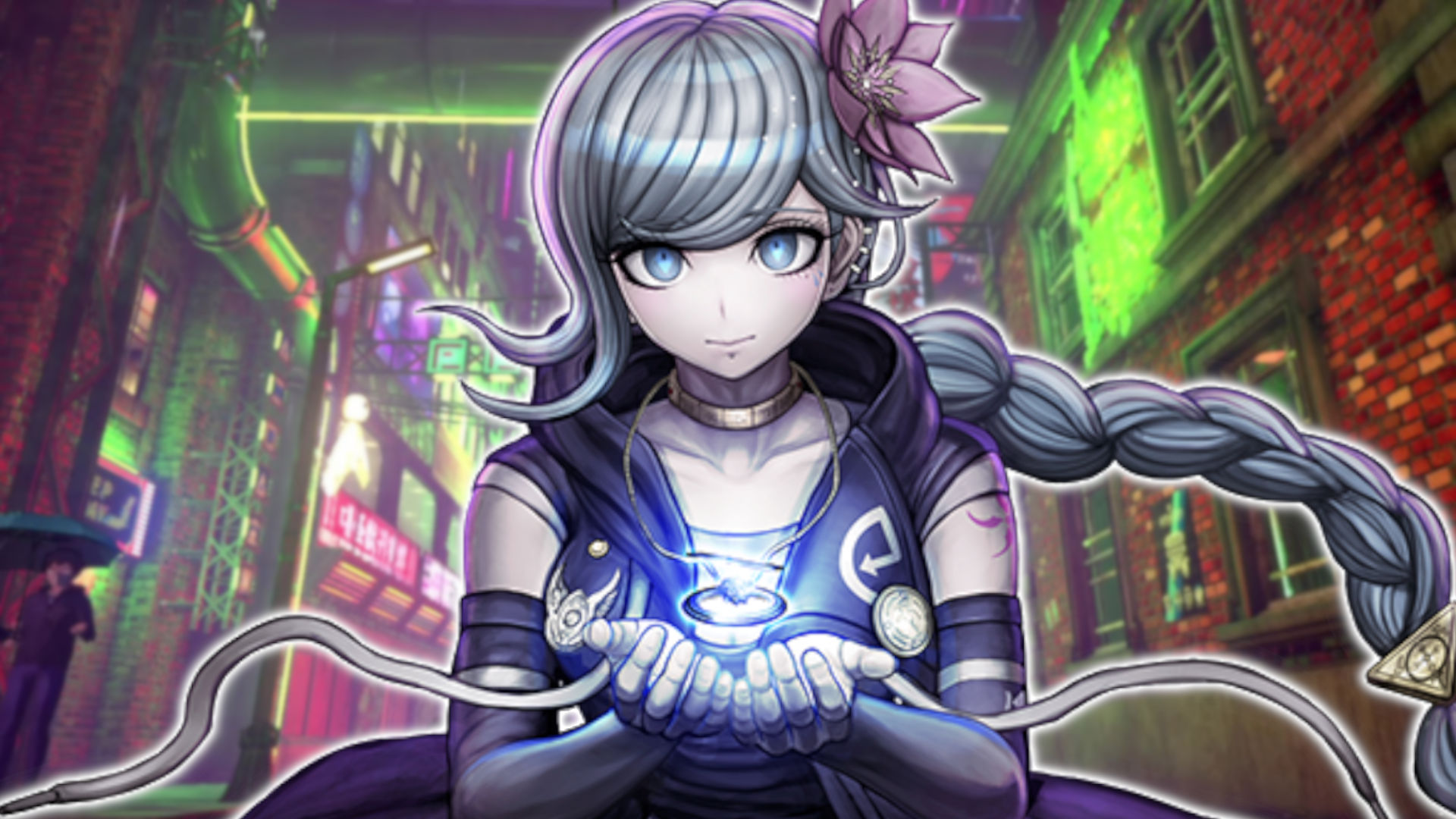

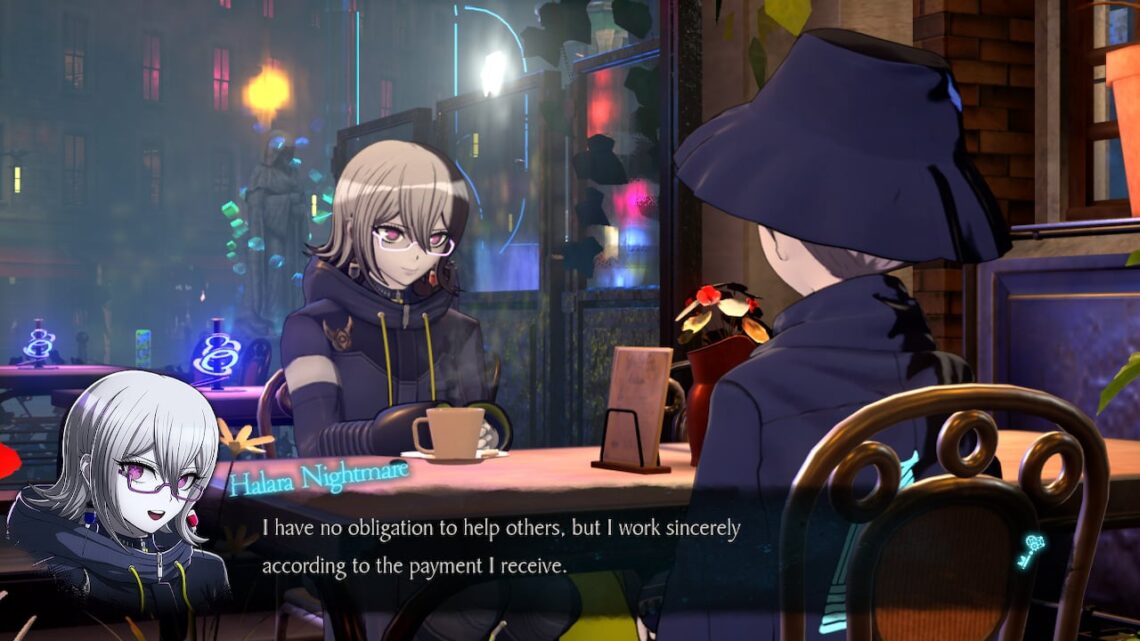
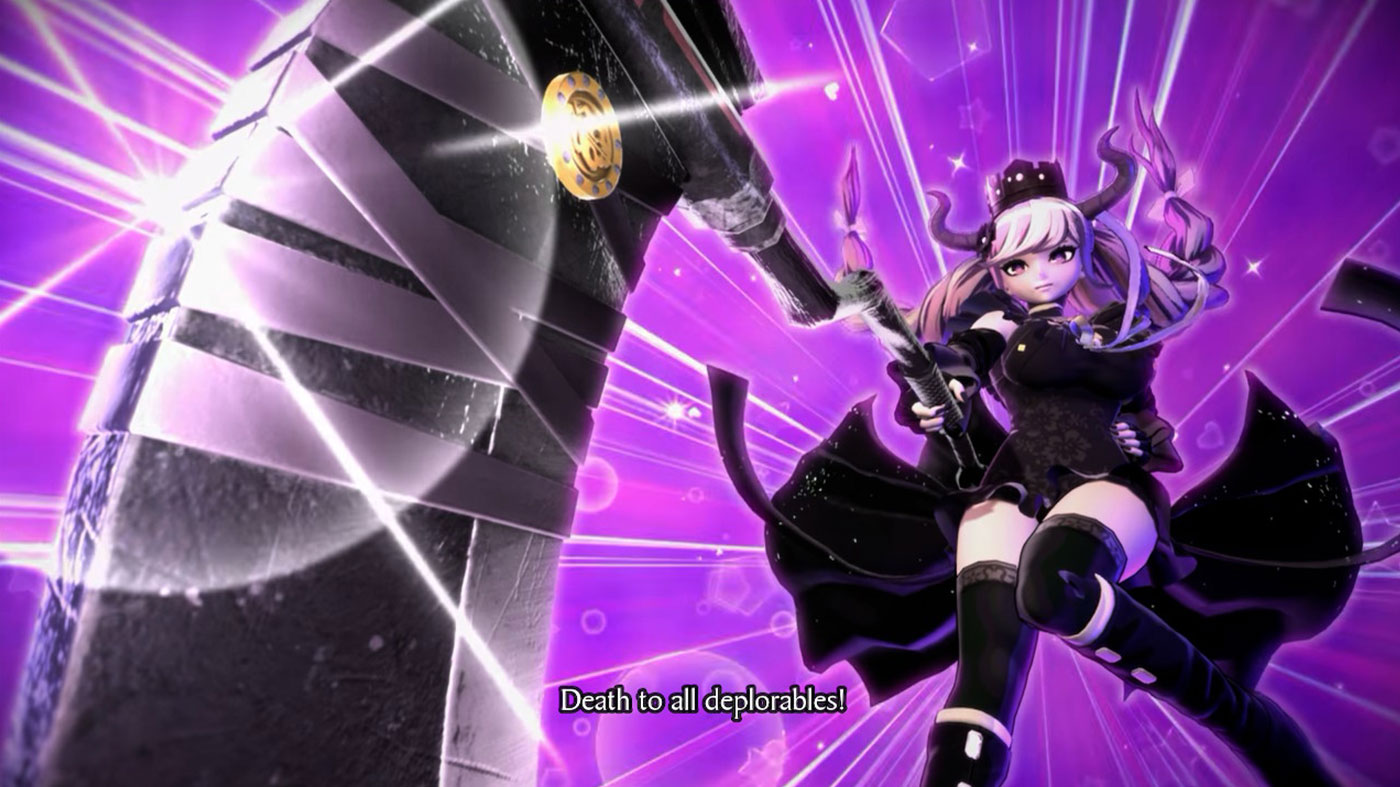
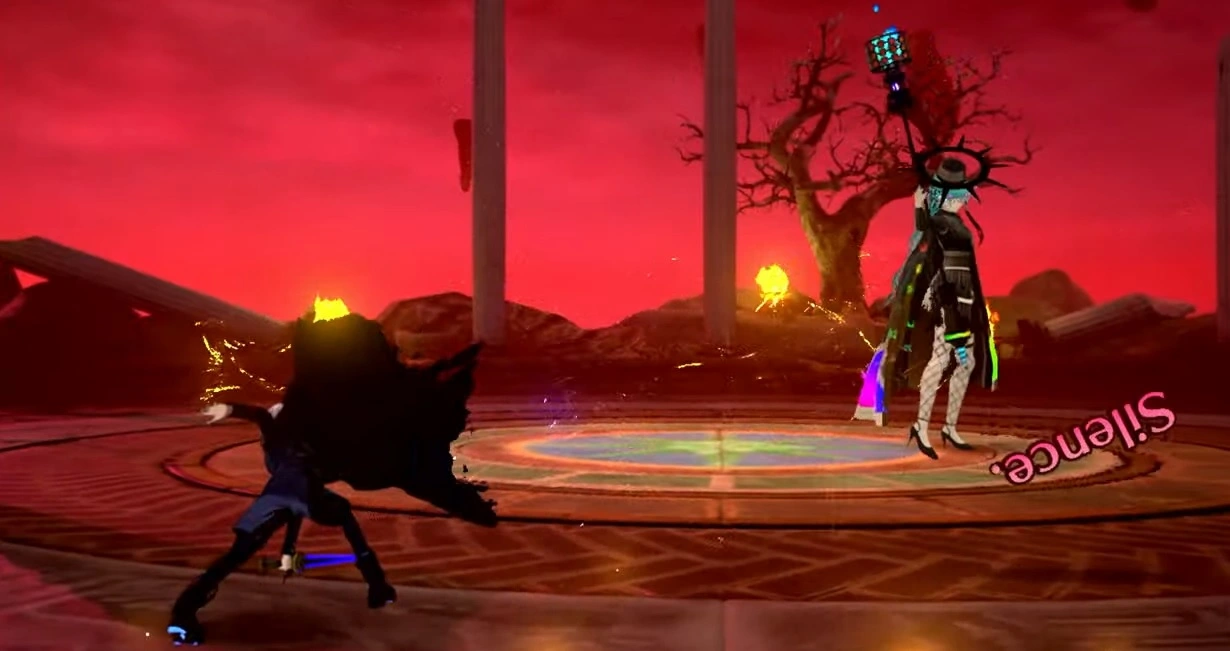
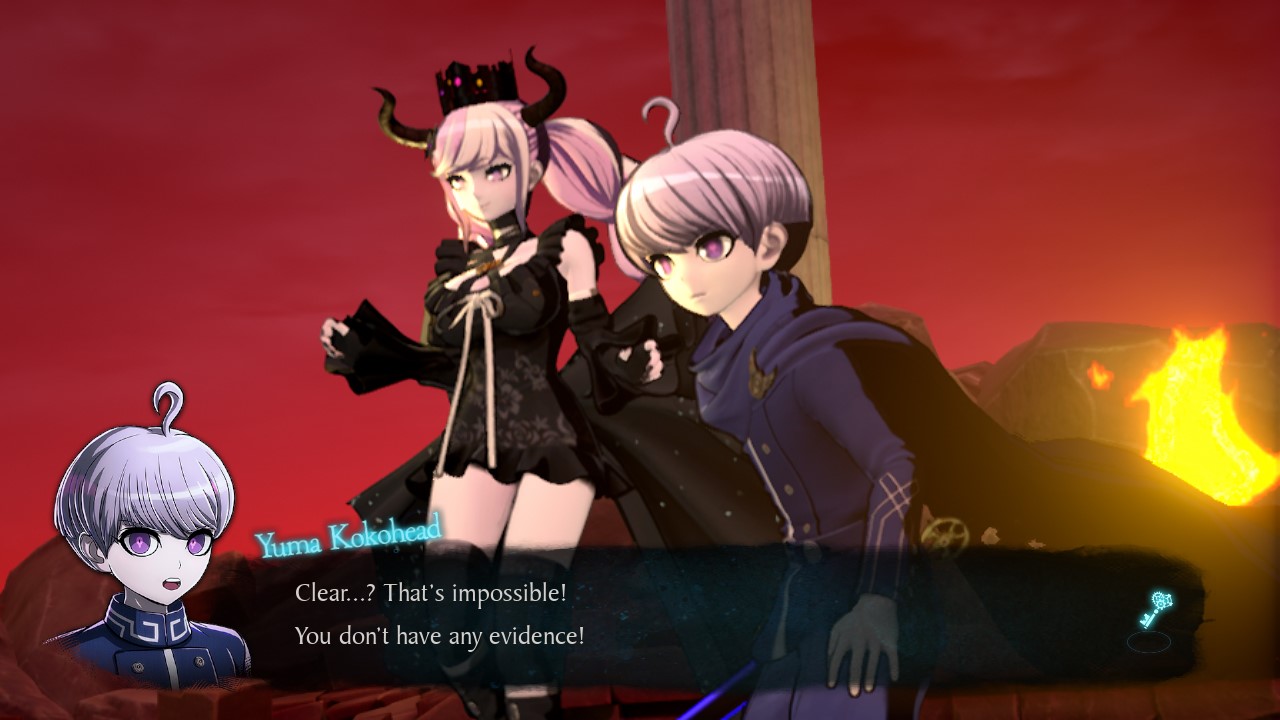

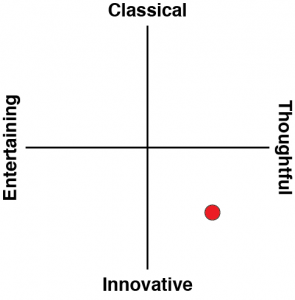





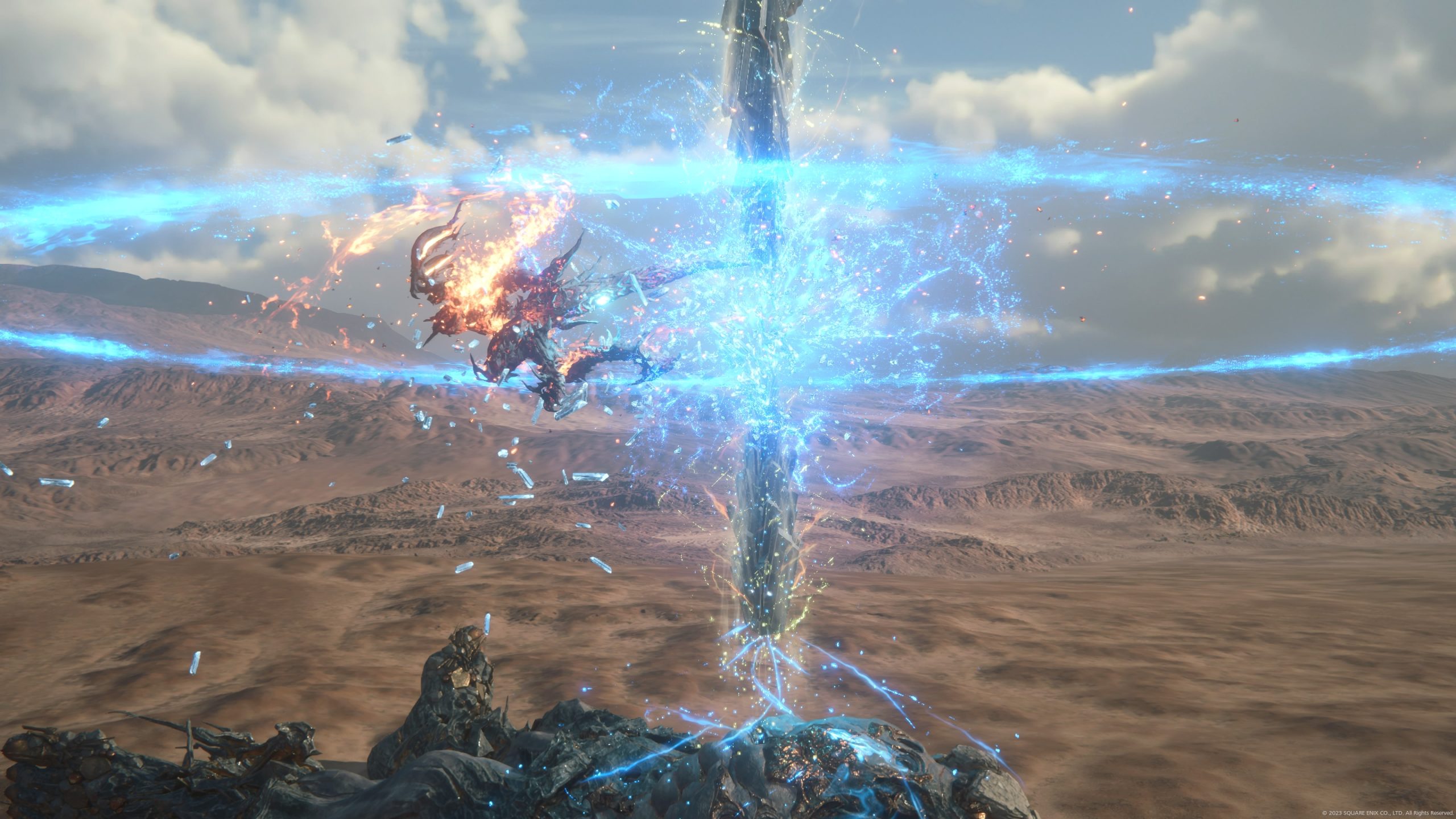



Great review, I can’t wait to play. …Though, realistically, I’ll be playing this game later in the summer. I’m so busy with 9/10 and 10/10 games released earlier in June! A great problem to have, hope many others feel the same. I love videogames so much this month.
Yea, I do kinda hate when this happens and people need to put really good games straight into the backlog because there’s just too much good stuff out there. It’s a nice problem to have, but so much great art goes unexperienced.